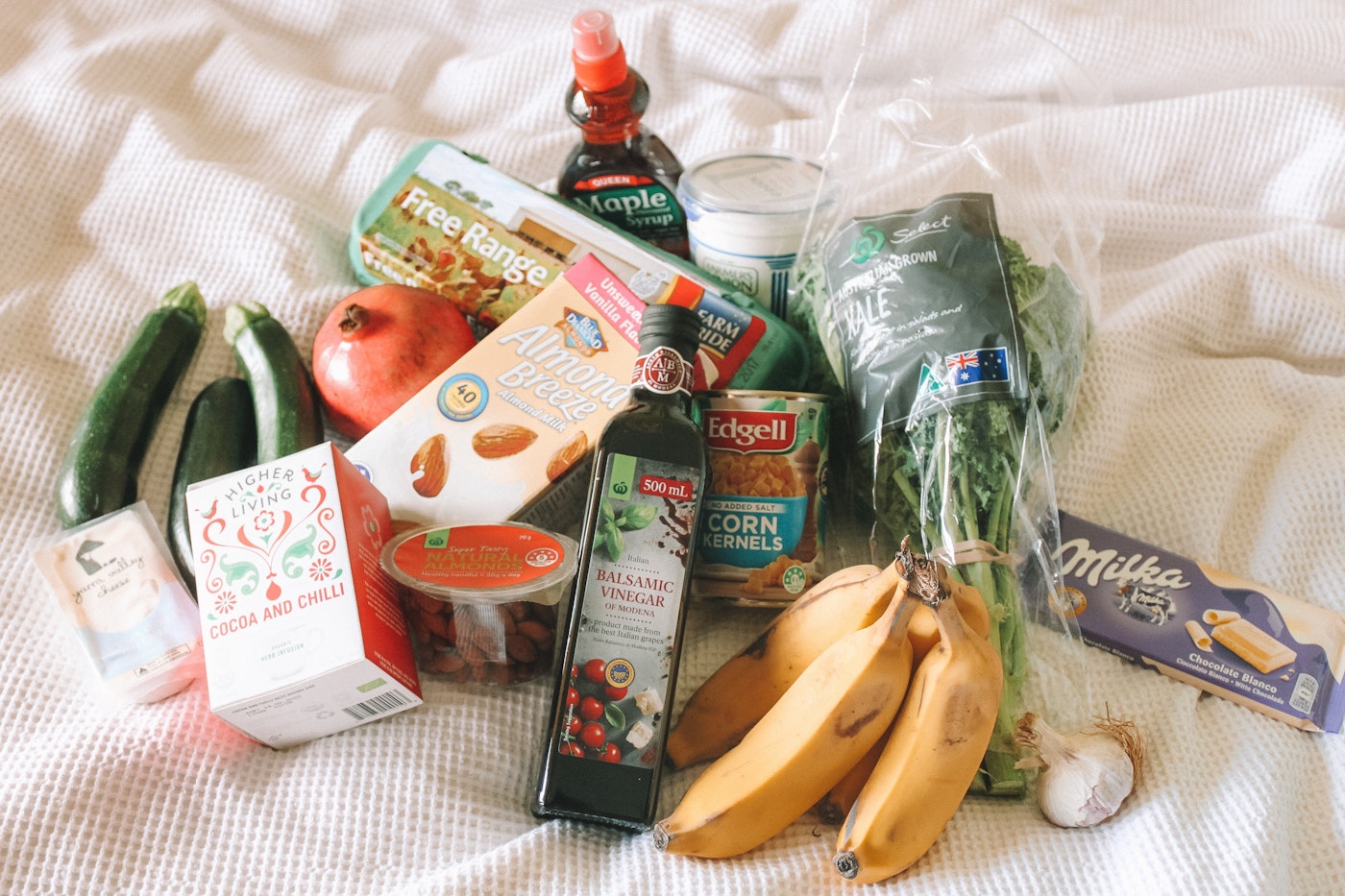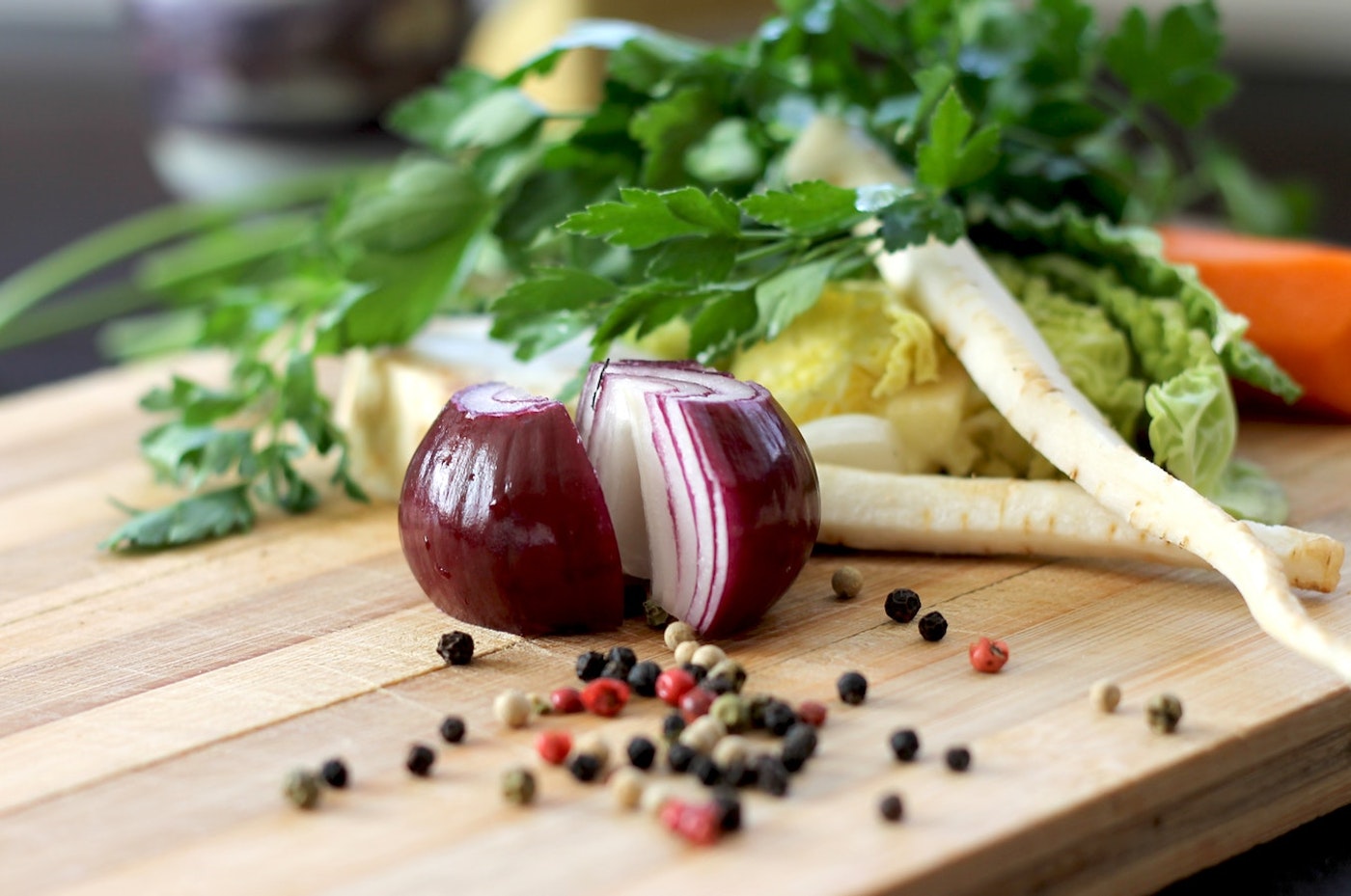Social Justice Begins in Our Kitchens: Tips on How to Reduce Food Waste
by Ashiya Mendheria in Culture & Lifestyle on 15th August, 2019

Food waste is an undeniably huge problem in the UK. We are extremely blessed to have access to food 24/7, from supermarkets, restaurants and drive-throughs. With a few taps on our phones, ordering food has never been so easy.
Surprisingly, 50% of the “developed” world’s food waste comes from our very homes, whilst the rest takes place at manufacturing, supermarkets and retail level. In low-income countries, household food waste is relatively minuscule in comparison. The average UK family bins up to 22% of their weekly shop, which totals up to £700 per year. A monstrous 24 million slices of bread is thrown away every day from households—this is enough to lift over 20 million people out of hunger.
Related
#Streeteatsfest invites food bank Sufra Kitchen to food festival
Our Abuse of the Earth Is a Reflection of Our Internal state
Excess, wasting food by throwing away usable food, letting good food become rotten, and overindulging and overeating are the antithesis of prophetic behavior. It is not befitting as Muslims to engage in wastefulness in any aspect of life, and in a privileged part of the world where halal food is more accessible than ever, we have an increased responsibility in moderation and conscientiousness.
It is He who produces both trellised and untrellised gardens, date palms, crops of diverse flavours, the olive, the pomegranate, alike yet different. So when they bear fruit, eat some of it, paying what is due on the day of harvest, but do not be wasteful: God does not like wasteful people. [Qur’an 6:141]
One cannot claim advocacy for social justice if waste of any kind, especially from overconsumption, is swept under the rug. 800 million people (1 in 9 people) are starving or malnourished, and a mere quarter of the food waste from the UK, USA and Europe is enough to feed people in poverty every year. The demand for food in Western countries exported from developing countries also increases the price of food, and so not only are we taking away (and throwing away) food that can feed native peoples, we are also destroying natural habitats.
The Prophet ﷺ said, “The believer is not he who eats his fill while his neighbour is hungry.”
Reducing food waste is ranked #3 as a solution to reversing global warming. The majority of food waste goes to landfill, and its decomposition without oxygen produces high amounts of methane, which is 34 times more harmful than carbon dioxide.
While these facts and figures are incredibly disheartening, the power to change is with us.
And it is He who has made you successors upon the earth [Qur’an 6:165]
Tips to reduce food waste:
Shopping

- Do an inventory check of your cupboards, fridge and freezer at least once a month and certainly before you do your grocery shopping. You might find some goodies collecting dust in the back of the cupboard or discover that you don’t need another 4 cans of baked beans.
- Always create a shopping list before doing your weekly/ bi-weekly grocery shopping; it helps build a pattern to differentiate between the essentials and non-essentials. Not only does this prevent food waste, it also prevents money waste!
- Have a grocery budget. There is so much temptation in supermarkets to buy and try delicious-looking snacks and treats, especially when brands are offering deals. However, oftentimes it is just enticing packaging, or things you just don’t need. Sticking to a budget and purchasing what you know is the best way to avoid wastefulness.
- Purchase food items you know how to use. It is perfectly normal to want to try new things and experiment in the kitchen, but unless you have a specific recipe or idea in mind, do not randomly buy foodstuffs. It is highly likely it will end up being thrown away or shoved to the back of the shelf for years to come.
Cooking

- Learn basic cooking skills. With the sheer number of cookbooks, YouTube videos and free recipes available online, it is inexcusable to not know how to cook. Cooking is an incredible life skill; it is powerful to know what’s in your food and the food will be filled with so much more barakah. Plus, you can support the amazingly talented women (mashaAllah) who are always sharing their delicious and versatile recipes—my favourites include Afelia’s Kitchen, Jenan Land, Hungry Hijabi and Nutrition by Nazima.
- Plan your meals for the week. Take some time on a quiet Sunday afternoon to write down and plan what you are going to eat for breakfast, lunch and dinner. It might sound daunting, but it is incredibly helpful to plan ahead and to make use of what’s in the fridge and cupboards. If it is too time-consuming, begin with dinner, and slowly expand to lunch and breakfast, and potentially snacks too!
- Share, share, share! If you have cooked too much food and think it might go to waste, or have fresh ingredients that you don’t think you’ll use, get comfortable with offering it to your neighbours, colleagues, friends and family members. You can also share it with strangers via a free app called Olio—all you have to do is upload an image of the item, provide a small description, and where and when the item is available for collection.
- Invest in a few good quality Tupperware boxes and freeze any leftovers or foods. You can always freeze bread, burger buns, wraps, chappatis and rice, vegetables for soups and stews and fruits for smoothies.
Eating out

- Be intuitive and do not get overexcited by the menu. Do you really need to order three starters? Only order the bare minimum and you can always order more food if it’s not enough.
- Take away any leftovers, even if it is a few morsels and take your Tupperware with you—this will prevent any leftovers from going to waste, and you will also avoid the unnecessary use of plastic containers.
- Bearing in mind that the Messenger of Allah ﷺ advised us to fill our stomachs with a third for food and a third for water, share your food with your friends or family. If you’re going out in a group of three for example, order two meals and a starter—with a bismillah, I can guarantee it will be enough to satisfy all three bellies. Many restaurants are notorious for giving ample and excessive portions of food. As with the first tip, you can always order more if necessary.
- Eat out less and reduce the number of times you order takeaway. UK restaurants produce 200,000 tonnes of food waste, costing £682 million per year, and unfortunately, a lot of it is seen as a normal aspect of the industry. Set a date to go out once a month and to order in once a month—you will be saving the planet, your health and your money.
Ashiya Mendheria
Ashiya Mendheria is a nutritional therapist, and works with women and children of all ages, to cultivate wholesome health by focussing on nutrition and lifestyle changes. Ashiya believes health and vitality can be elevated through practical actions found in the daily, small but consistent habits.